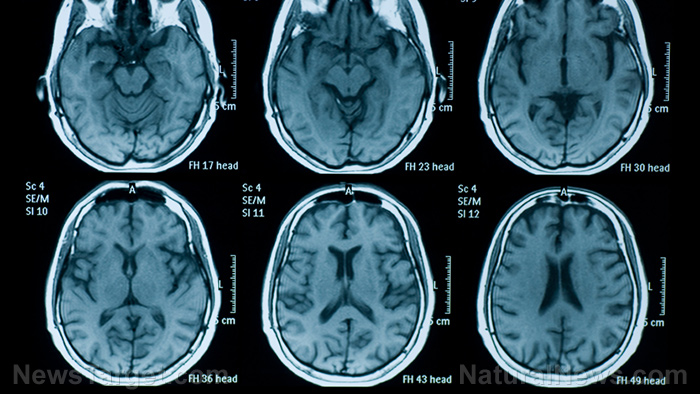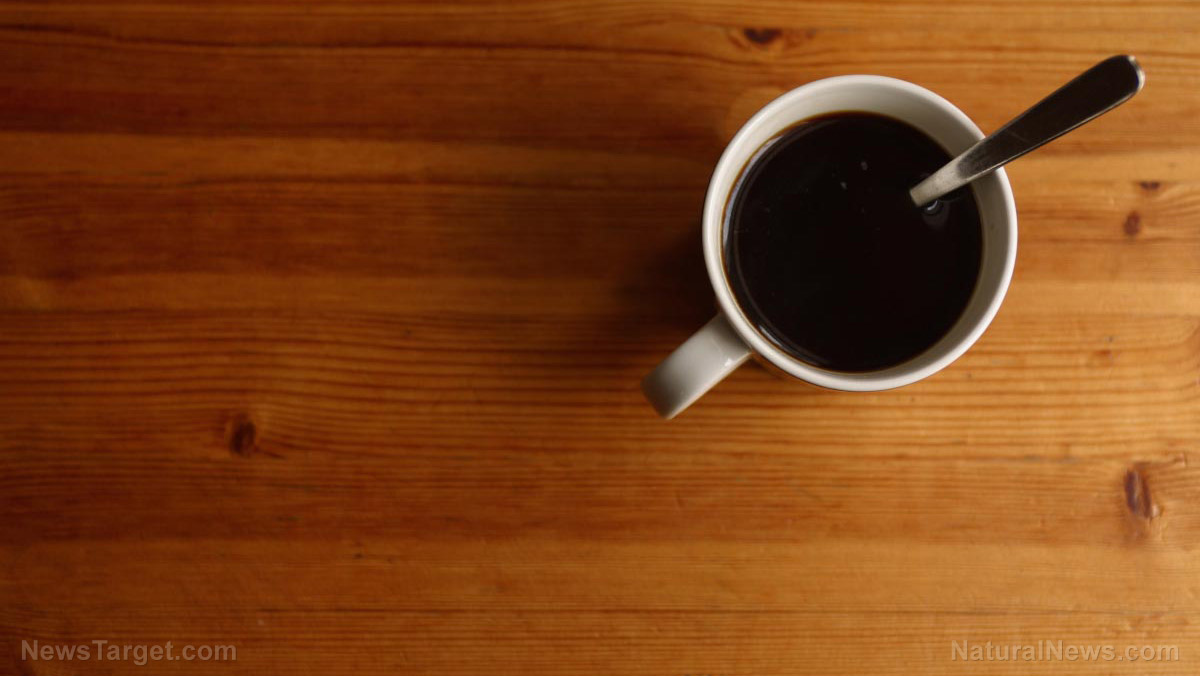Boost brain health with taurine, an amino acid with antidepressant properties
10/01/2020 / By Divina Ramirez

Taurine is an ingredient found in sports supplements and performance-enhancing products. But outside of its reputation as a means to boost athletic performance, taurine is also hailed for its role in supporting brain health and development beginning from conception.
In fact, taurine is one of the most essential and abundant amino acids in the brain, so much so that it could be considered a neurotransmitter, if not for a lack of taurine-specific receptors. But unlike most other amino acids, taurine is not used to build proteins. Instead, it is involved in various critical biological processes.
In the brain, for instance, scientists found that taurine demonstrates antidepressant-like effects against chronic, stress-induced depression. In particular, taurine reversed depression-like behavior in rats and restored their hormone and neurotransmitters to normal levels.
Taurine’s antidepressant-like effects
Over the past decade, depression has become such a common illness around the globe. Mainstream treatments for this mental disorder include antidepressants, a kind of medication used to keep depression from recurring. But these medicines often cause adverse effects and might promote drug dependence in patients.
For these reasons, functional foods and organic substances that could help in the management and treatment of depression have attracted the attention of researchers. Taurine, specifically, has received significant attention because of its abundance in the human cerebellum, cerebral cortex and hippocampus.
To investigate the preventive effects of taurine on depression, researchers from Shenyang Agricultural University in China first exposed late adolescent rats to chronic, unpredictable mild stress (CUMS) in order to induce depression-like behavior.
The researchers then gave the experimental rats different doses of taurine via intraperitoneal injection. They reported that the CUMS-induced depressive rats had severe anxiety and exhibited decreased exploratory behavior upon being placed in a different environment.
In contrast, the rats that received taurine did not exhibit the same depressive behavior. The researchers also found that taurine prevented the decrease or impairment of vital cognitive abilities in the rats with CUMS-induced depression.
Furthermore, taurine administration restored the neurotransmitters and hormones implicated in depression to normal levels. These include the stress hormone, corticosterone, and noradrenaline, a neurotransmitter linked to the fight-or-flight response.
Depressive behavior often corresponds to elevated plasma corticosterone levels, while insufficient amounts of noradrenaline can lead to fatigue, lack of concentration, brain fog and other tell-tale signs of depression.
Taken together, these findings indicate that taurine can produce antidepressant-like effects and prevent imbalances in the levels of hormones and neurotransmitters implicated in depression. (Related: Unsung hero: Taurine is one of the most amazing amino acids out there.)
Other notable health benefits of taurine
Taurine is not only found in the brain, but it is also present in several organs. For this reason, studies suggest that taurine supplementation can provide a number of health benefits. These include:
- Good vision – Taurine is present in large quantities in the retina. Recent studies suggest that vision problems begin to occur once these levels start to decline because of age.
- Healthy heart – Taurine improves blood circulation, which helps lower blood pressure and regulate heart rate.
- Combats diabetes – Taurine can also improve blood sugar control and aid in diabetes management. Recent studies also suggest that taurine supplementation can protect against diabetes complications.
Research shows that taurine can confer a range of health benefits, from better stamina to a reduced risk of heart disease. Taurine supplements are considered safe if taken in reasonable doses and can be a natural and cost-efficient treatment for depression and other neurological conditions.
Read more articles about taurine and other natural, brain-boosting supplements at BrainHealthBoost.com.
Sources include:
Tagged Under: alternative medicine, beatdepression, brain function, brain health, disease treatments, mental health, natural cures, natural medicine, nervous system, remedies, research, taurine
RECENT NEWS & ARTICLES
COPYRIGHT © 2017 BRAIN NEWS



















